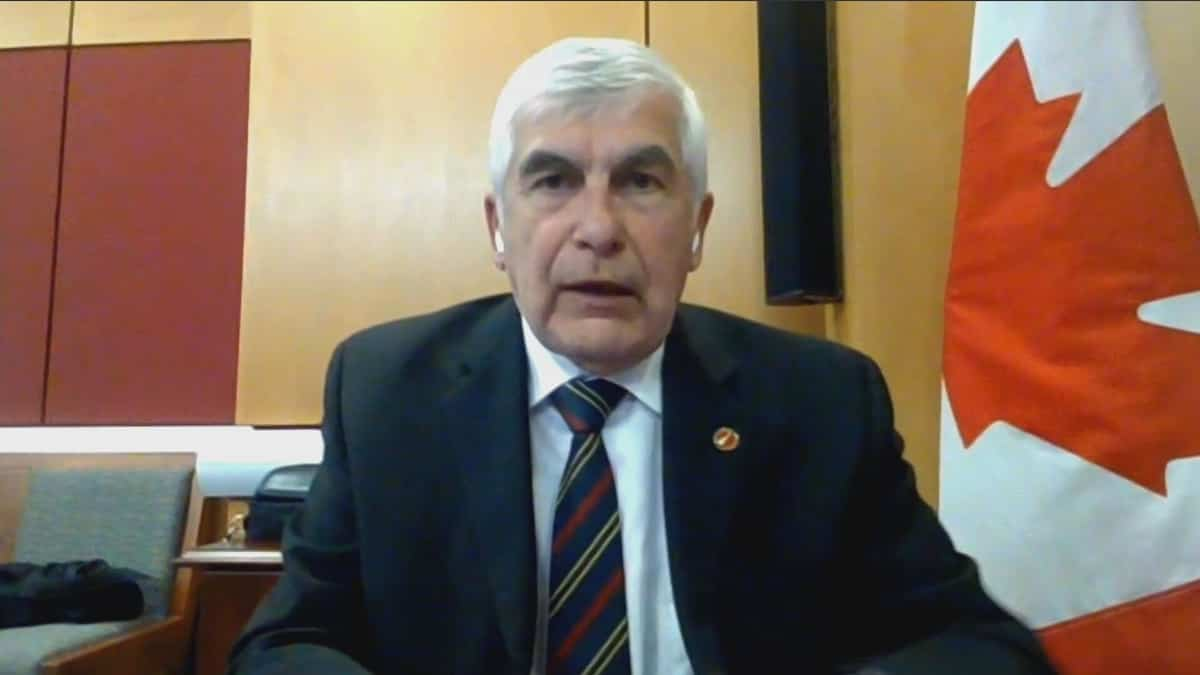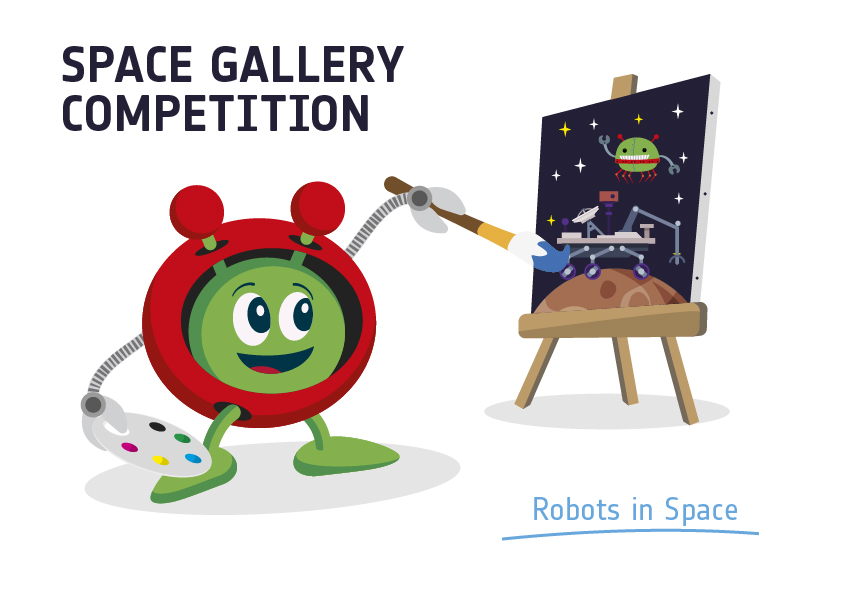Washington (AFP) – Last weekend, surgeons succeeded in remotely controlling a small surgical robot on the International Space Station, and in simulating the basic techniques used during operations from Earth.
Published on:
2 minutes
This first represents a new step in the development of surgery in space, which may become necessary to treat medical emergencies during manned missions lasting several years, for example to Mars.
These advances could also help advance telesurgery on the ground, benefiting remote areas that lack surgeons.
The robot, developed by Virtual Incision and the University of Nebraska, is called spaceMIRA. It launched to the International Space Station (ISS) at the end of January, on board a cargo carried by a SpaceX rocket.
It was placed inside a microwave-sized box, making it easy to transport.
It was operated and examined last Thursday by astronaut Loral O'Hara, who is currently aboard the flight laboratory.
The experiment was then conducted on Saturday from Virtual Incision's headquarters in Lincoln, Nebraska. It lasted about two hours and six surgeons participated.
They were able to remotely control the robot equipped with a camera and arms.
“The trial tested standard surgical techniques such as grasping, manipulating and cutting tissue,” Virtual Incision said. Here biological tissue is simulated with a rubber band.
In a video shared by the company, we see one arm equipped with pliers to hold the rubber band to stretch it, and the other arm is equipped with scissors to cut it, to mimic the rubber banding technique for dissection.
The difficulty of such an operation lies in the delay between Earth and the International Space Station, which reached 0.85 seconds.
To evaluate the impact, the full data recovered will be compared to similar missions carried out with the same equipment, but on Earth.
However, the trial has already been described as “a great success by all surgeons and researchers, and there were few, if any, errors,” Virtual Incision said. “Surgeons believe this experience will change the future of surgery.”
The project received financial assistance from NASA.
The US agency estimates that with longer space exploration missions, “the potential need for emergency care increases, including surgeries ranging from simple stitches on wounds, to more complex activities.”
© 2024 Agence France-Presse

“Music guru. Incurable web practitioner. Thinker. Lifelong zombie junkie. Tv buff. Typical organizer. Evil beer scholar.”







More Stories
European Space Agency – Space for Kids
Artificial intelligence and science, cross-pollination
Explore space with stickers!